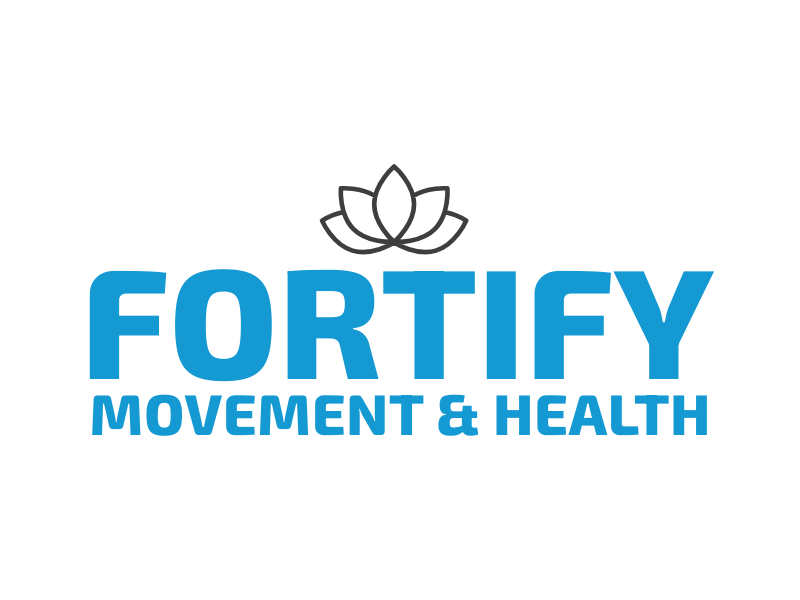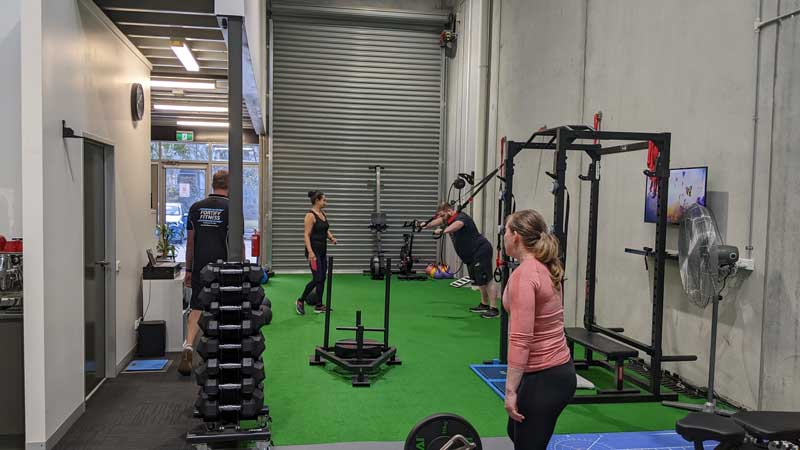Proper hydration is critical for good health, particularly when engaging in exercise. Water helps regulate body temperature, lubricate joints, transport nutrients, and remove waste. Therefore, it’s essential to consume enough fluids before, during, and after exercise to avoid dehydration, which can impair performance and increase the risk of heat exhaustion or heat stroke.
During exercise, our bodies lose fluids through sweating, and we also lose electrolytes such as sodium, potassium, and magnesium. If we don’t replace these fluids and electrolytes, we become dehydrated, leading to decreased performance and increased risk of injury.
The amount of water we need to consume during exercise depends on various factors such as the intensity and duration of the activity, body weight, and weather conditions. The American Council on Exercise recommends that individuals consume 600ml of water two to three hours before exercise, and then continue to drink fluids regularly throughout the exercise session, taking in at least 200-250 ml every 10 to 20 minutes.
It’s also important to note that dehydration can occur even if we don’t feel thirsty. Thus, it’s important to hydrate regularly during exercise, even if we don’t feel particularly thirsty. In fact, waiting until you feel thirsty may already be too late, as thirst is often an indicator that you are already dehydrated.
In addition to water, sports drinks can also be an excellent source of hydration during exercise, particularly for those engaging in prolonged or high-intensity activities. Sports drinks contain electrolytes, which can help replenish the minerals lost through sweat and maintain proper hydration levels.
However, it’s important to note that sports drinks can also be high in sugar and calories, so it’s essential to read the labels and choose lower-sugar options if you’re trying to manage your caloric intake. Alternatively, you can also make your own sports drinks at home using natural ingredients such as fruit juice, honey, and water.
It’s also important to consider the temperature and humidity levels during exercise. Hot and humid conditions can increase the risk of dehydration, as our bodies will sweat more to try to cool down. In these conditions, it’s essential to consume more fluids to avoid dehydration and maintain proper hydration levels.
In conclusion, proper hydration is critical during exercise to maintain performance, avoid injury, and promote good health. The amount of water and electrolytes we need to consume will vary based on our individual needs and the intensity and duration of the activity. By drinking enough fluids regularly and paying attention to our body’s signals, we can stay hydrated and perform at our best.
If you need to optimise your training habits, then speak to our Altona Personal Trainer for all your exercise and fitness goals.
References:
- American Council on Exercise. (2015). “Stay Hydrated Before, During and After Exercise.” Retrieved from https://www.acefitness.org/education-and-resources/professional/expert-articles/5218/stay-hydrated-before-during-and-after-exercise/
- Mayo Clinic Staff. (2021). “Exercise: How Much Water Do You Need?” Retrieved from https://www.mayoclinic.org/healthy-lifestyle/fitness/expert-answers/exercise/faq-20058448
- National Academy of Medicine. (2004). “Dietary Reference Intakes: Water, Potassium, Sodium, Chloride, and Sulfate.” Retrieved from https://www.nap.edu/catalog/10925/dietary-reference-intakes-for-water-potassium-sodium-chloride-and-sulfate




